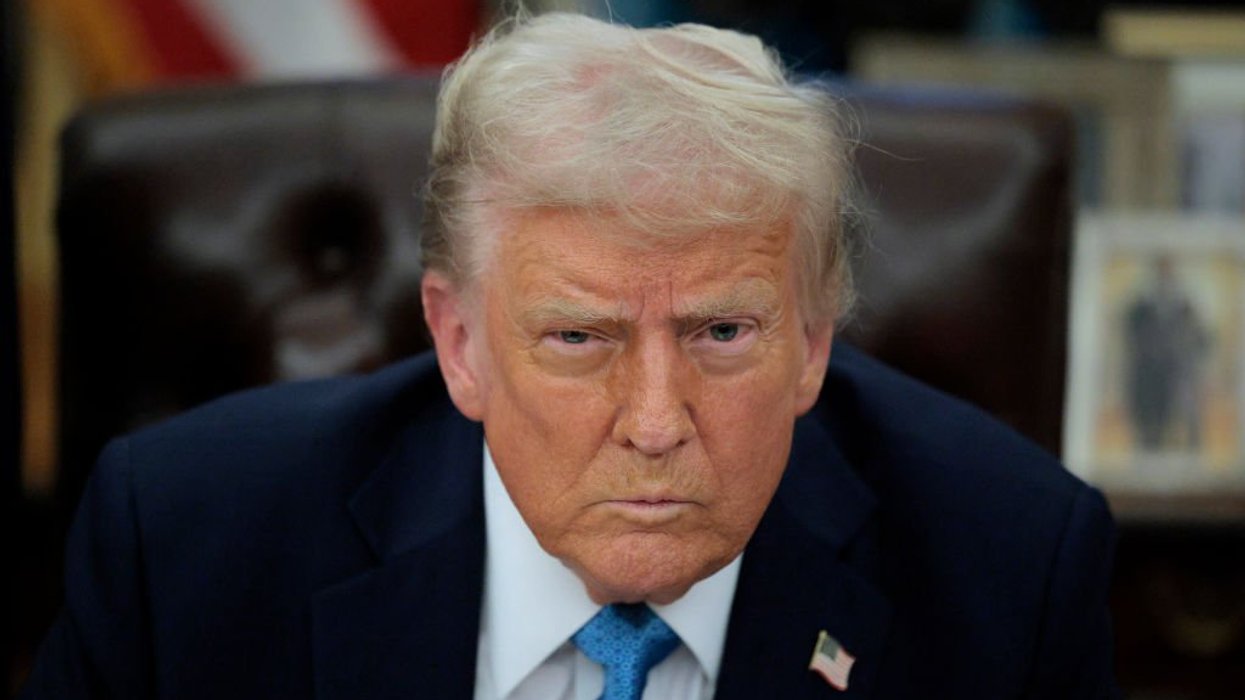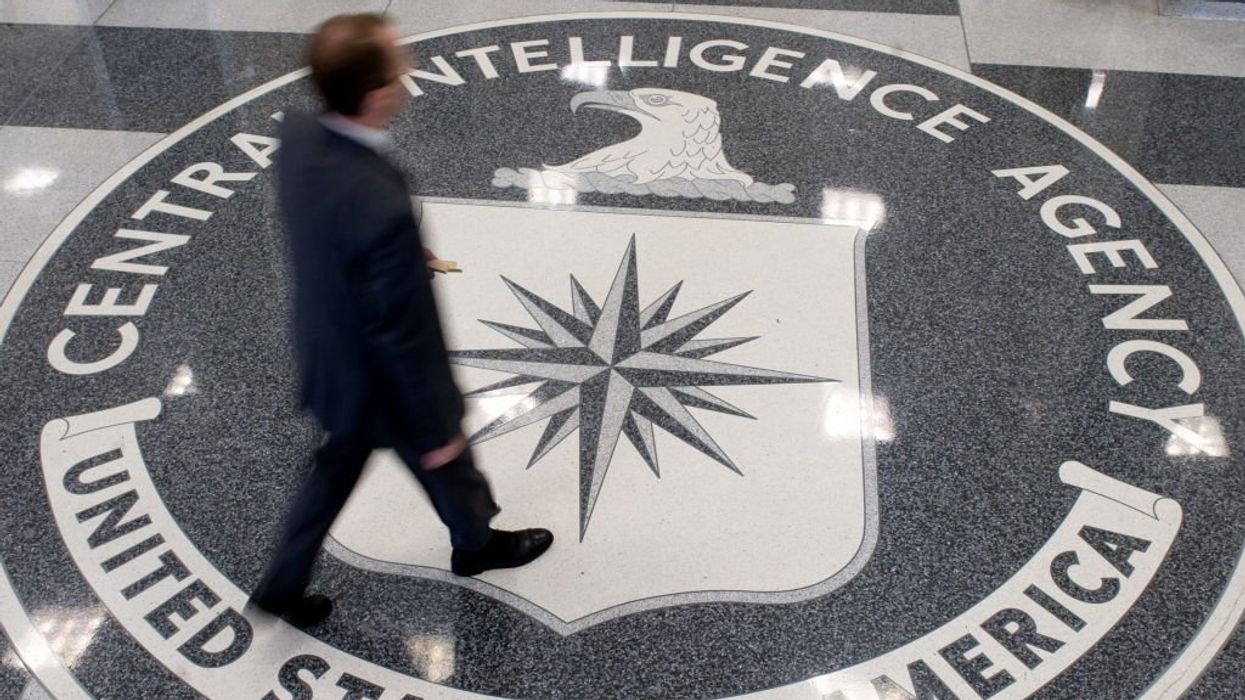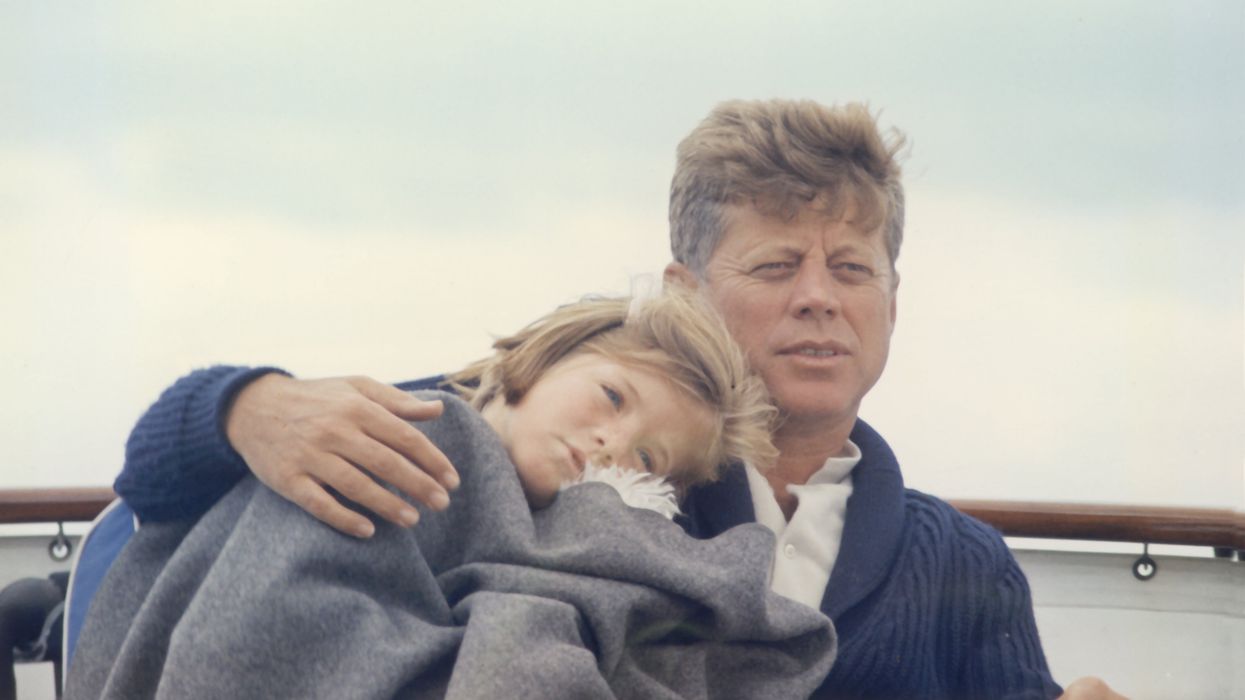For months during the 2016 GOP primary, Donald Trump lamented that the system was rigged through delegate manipulation and the election was being stolen. However, these accusations are without merit. In fact, by his illogical and inaccurate reasoning, Abraham Lincoln would have "stolen" the election of 1860. In this four-part series on contested conventions, we explore past conventions that, today, some may say were "stolen," but followed the established rules and protocols to reach the eventual outcome.
The Contested Convention Part IV: 1976 (Republicans)
In 1976, a number of delegates needed to win the GOP nomination was 1,136 --- and no one got there. The sitting president, Republican establishment candidate Gerald Ford, had 1,106. Ronald Reagan had 1,034. That meant another contested convention for the GOP.
Ford had taken a sizable early lead, but Reagan sliced into it with big wins throughout the south and the west. So both candidates headed off for and arrived in Kansas City well ahead of the start of the convention to try to sway delegates to their side. Once the convention was underway, things got a little crazy.
As reported by CBS, a delegate from Utah stormed over to the New York delegation and ripped out the phone connection, ostensibly cutting off communication between the delegation and their headquarters. The Mississippi delegation took up meeting in the CBS trailer. Additionally, reporters were not allowed on the convention floor. All of this combined to create a chaotic environment.
In light of the 1973 Roe v. Wade decision legalizing abortion, conservatives at the convention had enough influence to insert a plank into the platform calling for a human life amendment to the Constitution, which could have effectively overturned Roe v. Wade. In an effort to calm the fears of the progressive establishment and gain party support of the liberal wing of the party, Reagan took the risky step of promising to name liberal Senator Richard Schweiker of Pennsylvania as his choice for vice president. Unfortunately for Reagan, the move backfired. Conservatives viewed it as selling.
As it turned out, whether it was the momentum lost with a poor choice of a running mate, or it just wasn't Ronald Reagan's time, Gerald Ford pulled out the nomination on the first ballot, squeaking by, 1,187 to 1,070.
Following his acceptance speech, Ford invited Reagan to the stage. The effect was palpable, with delegates chanting, "Reagan" over and over. According to his son, Ron, Jr., Reagan was likely conscious of the fact that nearly 50% of the people in the hall, maybe more, would have preferred him to be the candidate. Nancy Reagan reflected that Reagan turned to her and said, "I haven't the foggiest idea of what I'm going to say."
According to one person, the power of the speech was extraordinary, and the feeling throughout the auditorium among the delegates was that they'd nominated the wrong guy.
Indeed, history has certainly shown that on a summer night in 1976, the Republican party had nominated the wrong guy. Ford went on to lose the 1976 general election to Jimmy Carter, becoming the only person in American history to serve as president without ever having been elected to the office.
Ronald Reagan would run again four years later, winning the nomination and the presidency in a landslide over sitting president Jimmy Carter. He would go on to win reelection in the largest landslide in history, winning 49 of the 50 states, eventually becoming one of America's greatest presidents.
Listen to the Full Series on Contested Convention











